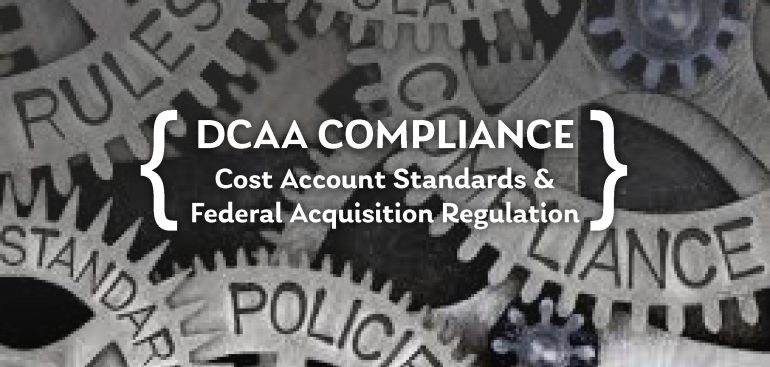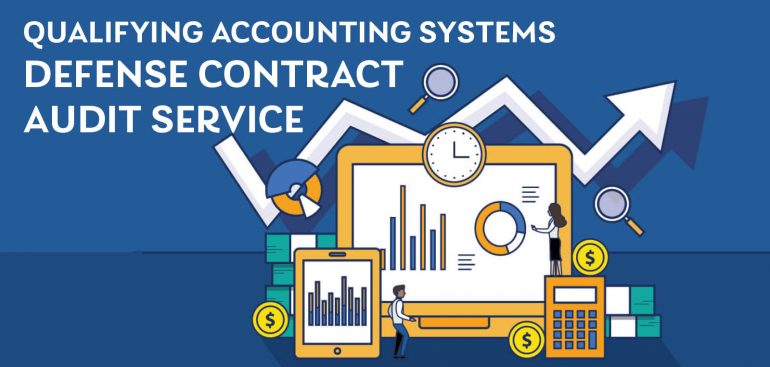Government contract cost accounting rules apply to all companies contracted to do government work across all sectors. Some contractors find these rules difficult to understand. But, this does not have to be the case. We’ll demystify them for you! We’ll also help you understand why they exist and how to interpret them. In this blog, we’ll help you make sense of the government’s contract cost accounting rules.
The essentials of government contract cost accounting
The rules relating to government contract costs have two basic functions. First, to provide guidelines for cost allowability. And second, to set parameters for cost allocability. These terms may sound unfamiliar and unnecessarily complicated for some. So, let’s break them down to their simplest terms. Allowability refers to what costs the government will cover. And allocability refers to how much of these costs the government is prepared to bear. The government does not cover at all costs deemed unallowable. On the other hand, allowable costs will be covered only to the extent that the government is prepared to accept, i.e., what portion of these costs you are permitted to allocate as government expenses.
What this means at its most basic is that the government will cover only a certain portion of your project costs—i.e., only those deemed allowable. Of those, the government will pay only for a specific portion—that which is considered allocable. The problem is that the concepts of allocability and allowability tend to feature numerous grey areas and are seldom straightforward. While the concepts themselves are relatively easy to understand, the exact rules and quantitative guidelines pertaining to them can be nebulous at times, and also tend to change frequently. Unfortunately, this uncertainty and potential for confusion often come with the territory when it comes to government work.
The best way to deal with these challenges is to seek the help of a certified public accountant. We have the knowledge and experience necessary to help you apply government contract costing rules to your projects, and the accounting practices to help you manage them to the greatest advantage. Contact Georgen Scarborough to see if we can assist you with your government contract cost accounting.






